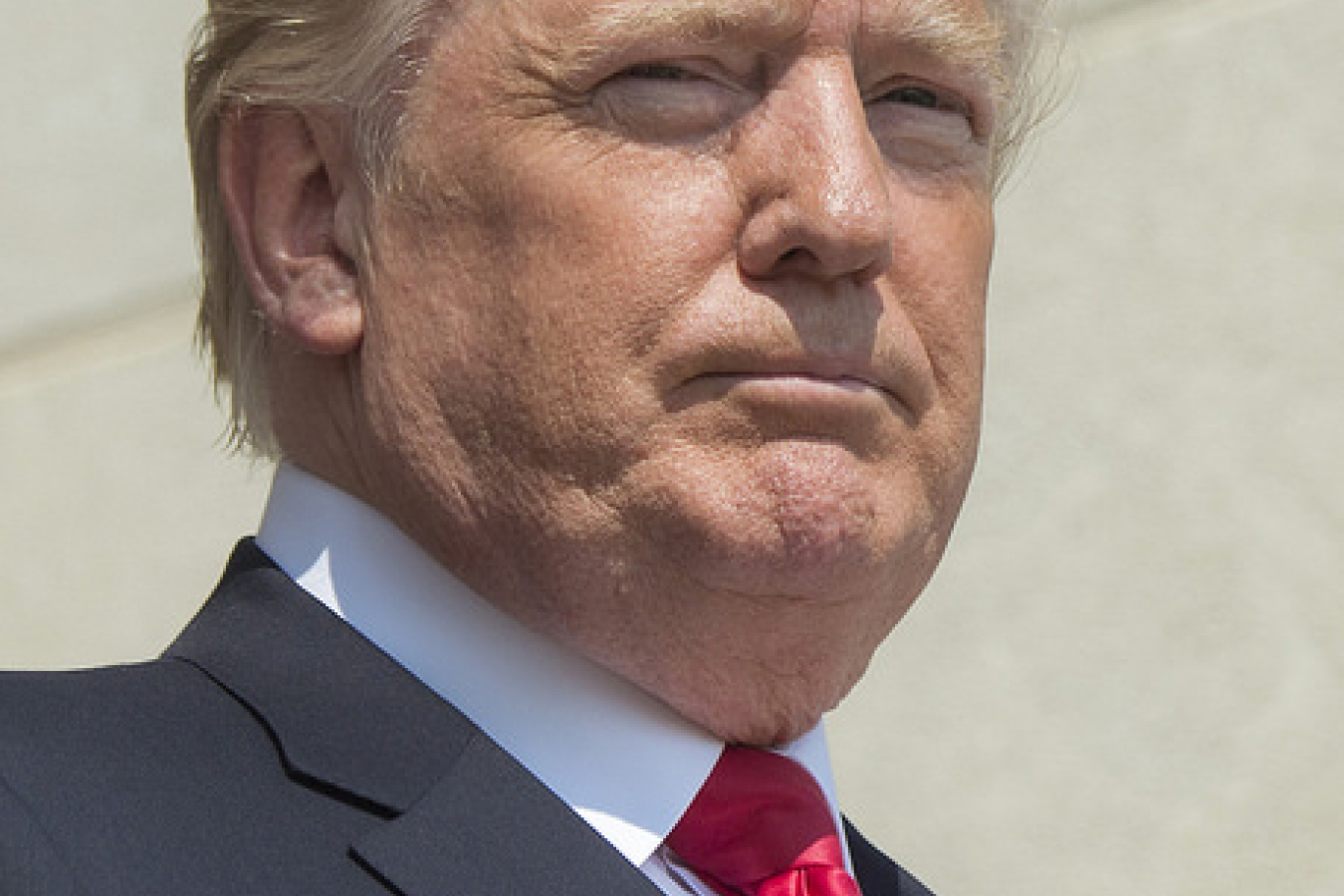The number of undocumented immigrants arrested by US immigration agents surged in June, but surprisingly, fewer deportations occurred with figures falling to their lowest point in 2017, according to data released by US Immigration and Customs Enforcement (ICE). It’s claimed that deportations are down due to massive court backlogs across the nation.
13,914 people were arrested by ICE agents in June, continuing a trend that began when President Trump took office in January. Throughout his presidential campaign, Trump pledged to crack down on illegal immigration and a rise in undocumented immigrant arrests won’t come as a surprise.
In the remaining three months of Obama’s administration, ICE averaged 9,134 monthly arrests. The Trump presidency has seen those averages rise to 13,085 between February and June.
US immigration arrests not resulting in deportations
Although rising arrest rates are unsurprising, the decline in deportations is perhaps unexpected. The final three months of Obama’s reign saw ICE averaging 22,705 monthly deportations. Meanwhile, monthly averages have continually dropped under Trump, with ICE averaging 16,895 between February and June, hitting its lowest point in June.
Acting director of ICE, Thomas Homan, attributed the decline in deportations to a backlog in federal US immigration courts and the lengthy time it takes to process each case. In June, figures released by the TRAC research project at Syracuse University, show that more than 610,000 cases are still unresolved.
US immigration courts struggling
US immigration courts have long been struggling to meet demand, with even the most straightforward deportation cases taking up to two years to resolve, because of the volume of cases. The Trump administration has exacerbated the backlog by increasing arrests.
Additionally, Trump has stripped back the Obama administration’s policy that allowed undocumented migrants to remain free on bond while they await their court hearings and get an outcome on their case.
Jeff Sessions, the US Attorney General, has deployed an extra 25 US immigration judges across detention centers along the southwest border with Mexico, and plans to dispatch more. The Justice Department has made it their goal to hire 50 new US immigration judges by the end of 2017 and a further 75 by the end of 2018.
Meanwhile, it’s been widely reported that officials are considering plans that would give more freedom to accelerate deportations.
Trump determined to stamp out illegal US immigration
In the 100 days following Trump’s inauguration, undocumented immigrant arrests surged by 38% compared with the same time period in 2016. Of those arrested, 75% had criminal records, while of the arrests in Obama’s final year as President, 92% had a criminal record.
A clear pattern is emerging. Despite the Trump administration overseeing more arrests, there are fewer deportations, while intelligence seems to be less reliable when it comes to making arrests.
However, Homan said: “I get asked a lot why ICE arrests people that don’t have a criminal record. My answer is simple, if a person is in the US illegally, they violate US laws. That’s a criminal act.”
ICE agents have been empowered to arrest more undocumented migrants who do not have a criminal record after President Trump signed an executive order on January 25. The order expanded the pool of undocumented migrants deemed a ‘priority’ for deportation.
As implemented by the Trump administration, ICE agents can arrest undocumented migrants for committing a crime – not convicted – to be considered a ‘priority’ for deportation. Trump allowed ICE to target undocumented migrants that agents deem to be a risk to ‘public safety’ or ‘national security.’
This move has been widely condemned, with those opposed to giving ICE agents such powers, arguing that arrests are likely to be made on the grounds of race and religion if left to an agent’s discretion.
Nevertheless, the powers of ICE agents were further extended when John Kelly, the Department of Homeland Security Secretary, introduced new directives in February. Under the Obama administration, if an ICE agent entered a premises to arrest an undocumented migrant with a criminal record, they didn’t detain other occupants in the house.
However, Kelly’s directive changed this policy, giving ICE agents the power to detain all occupants they encounter on the premises, if they’re in the US illegally. As a result, the number of undocumented migrants arrested - without a criminal record – has increased, adding to the strain on US immigration courts.




